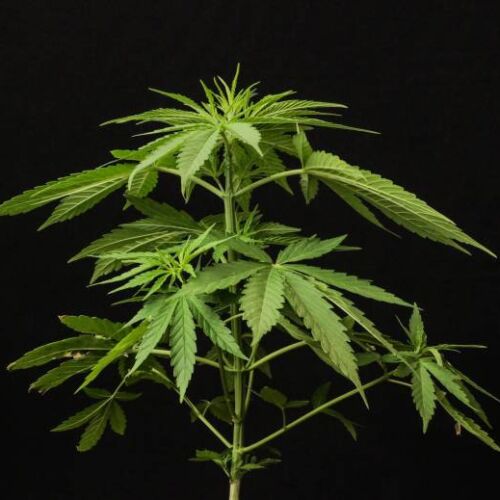Marijuana Reveals Memory Mechanism
Glial cells, not neurons, are responsible for marijuana-induced forgetfulness
Until recently, most scientists believed that neurons were the all-important brain cells controlling mental functions and that the surrounding glial cells were little more than neuron supporters and “glue.”
Now research published in March in Cell reveals that astrocytes, a type of glia, have a principal role in working memory. And the scientists made the discovery by getting mice stoned.
Marijuana impairs working memory—the short-term memory we use to hold on to and process thoughts. Think of the classic stoner who, midsentence, forgets the point he was making.
Although such stupor might give recreational users the giggles, people using the drug for medical reasons might prefer to maintain their cognitive capacity.
To study how marijuana impairs working memory, Giovanni Marsicano of the University of Bordeaux in France and his colleagues removed cannabinoid receptors—proteins that respond to marijuana’s psychoactive ingredient THC—from neurons in mice.
These mice, it turned out, were just as forgetful as regular mice when given THC: they were equally poor at memorizing the position of a hidden platform in a water pool. When the receptors were removed from astrocytes, however, the mice could find the platform just fine while on THC.
The results suggest that the role of glia in mental activity has been overlooked. Although research in recent years has revealed that glia are implicated in many unconscious processes and diseases [see “The Hidden Brain,” by R. Douglas Fields; Scientific American Mind, May/June 2011], this is one of the first studies to suggest that glia play a key role in conscious thought. “It’s very likely that astrocytes have many more functions than we thought,” Marsicano says. “Certainly their role in cognition is now being revealed.”
Unlike THC’s effect on memory, its pain-relieving property appears to work through neurons. In theory, therefore, it might be possible to design THC-type drugs that target neurons—but not glia—and offer pain relief without the forgetfulness.
Published in Scientific American


